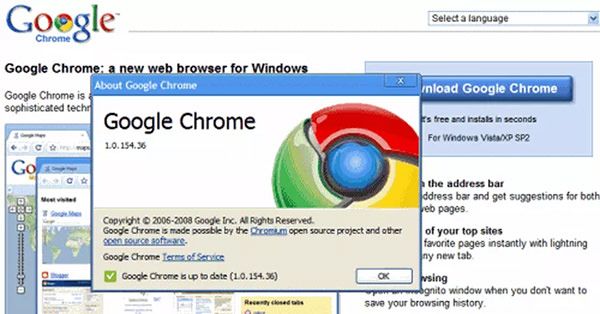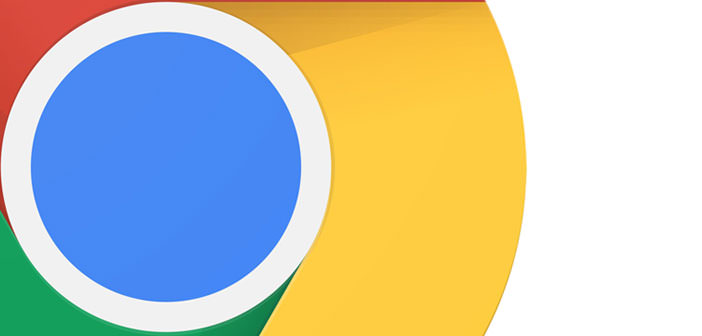Google Chrome is 10 years old: This is how it has revolutionized the web
The most-used browser in the world turns ten years and in its short, career has burned several stages, overcoming the cornerstones of the category thanks to the loyalty of the standards and the ability to install extensions and apps.
It’s been 10 years since the release of the first version of the Chrome browser, which was promoted as a breath of fresh air in the browser. The debut was announced with a comic book, and the first beta version only worked on Windows PC.
Only after over a year, in 2009, Chrome also arrived on Linux and MacOS. The launch of the web browser came with perfect timing, when frustration grew over Internet Explorer and Firefox, which gradually gained market share against the Microsoft solution.
It’s been 10 years since the release of the first version of the Chrome browser, which was promoted as a breath of fresh air in the browser. The debut was announced with a comic book, and the first beta version only worked on Windows PC.
 Only after over a year, in 2009, Chrome also arrived on Linux and MacOS. The launch of the web browser came with perfect timing, when frustration grew over Internet Explorer and Firefox, which gradually gained market share against the Microsoft solution.
Only after over a year, in 2009, Chrome also arrived on Linux and MacOS. The launch of the web browser came with perfect timing, when frustration grew over Internet Explorer and Firefox, which gradually gained market share against the Microsoft solution.
Google used some components of the Apple WebKit rendering engine for its Chrome, opening the source code through the Chromium project. Compared to IE Google wanted to use a more conservative approach, turned to the fidelity to the standards respecting the rules of HTML5.
As a result, already at the time of the release of the original version the browser was able to overcome the fateful tests Acid1 and Acid2. At the same time, Microsoft could not do the same with Internet Explorer, and struggled to adhere to the standards of their software for web browsing.
Another interesting idea of Chrome from the beginning was to enclose the individual tabs inside the so-called sandbox, in order to use different processes on the system. In this way if a tab crashes it is the only one that is stopped, with the others that can continue to work to the full advantage of stability (significantly higher than the dawn compared to Internet Explorer) and the browsing speed in general. On the performance front, Chrome could rely on Google’s own JavaScript V8.
After ten years the face of the web has changed drastically, but Google managed to dominate the market relatively quickly with Chrome occupying today a stable first position in the category. On the desktop, it has over 60% of the market, according to NetMarketShare data, and the company’s technicians continue to work hard on new features and features. Defining it as a simple browser is today a euphemism, since it can also run extensions and entire applications on any operating system, be it Windows, MacOS or Linux.
Chrome is also available on the major mobile platforms, Android and iOS, and is the foundation of Chrome OS, the lightweight operating system installed on some laptops and tablets. On ChromeOS you can install applications for Android, with the user who can already use the Progressive Web App (PWA) and in the near future can also run applications for Linux.
The browser has not been updated for years on the stylistic level. However, it is in the final stages a new heavy graphic restyling that brings the Material Design on the desktop too.
There are some fears among the insiders that Chrome can become the new Internet Explorer 6: given its user base, developers could use only the Google browser as a reference for their projects, and the program ” Works best with Chrome ” could push them to continue on this path.
It is also not easy for the other browser manufacturers to keep up with the latest standards at the same speed as the Mountain View giant, making the competition quite difficult and unlikely for the benefit of Google’s solution.
Born as a browser and became a platform at the base of an operating system, the future of Chrome seems particularly rosy. But imagine it is not easy, and who knows where the Big G software will come in the next ten years.

